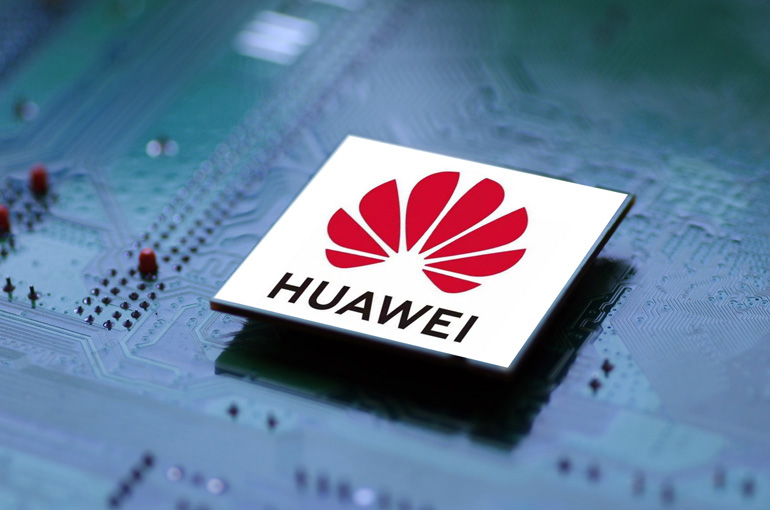 Huawei Hasn't Activated PC Chip Backup Plan Despite US Tightening Chip Exports Further, Insider Says
Huawei Hasn't Activated PC Chip Backup Plan Despite US Tightening Chip Exports Further, Insider Says(Yicai) May 9 -- After the US government revoked licenses allowing some semiconductor firms to export chips to Huawei Technologies, an insider at the Chinese tech giant denied to Yicai an online rumor that it had activated a personal computer chip backup plan overnight.
Claims that replacement chips for personal computers have been sourced is false information, the insider said, referring to a leaked internal document citing He Tingbo, chairman of Huawei’s fabless chip developer HiSilicon, and Yu Chengdong, chairman of Huawei’s consumer business group.
In the past few years, Huawei has overcome severe challenges and it is now operating as normal, the person said. The Shenzhen-based company is unlikely to conduct internal mobilization in the same way again.
Reports broke on May 7 that the US government had revoked the export licenses of some companies that sell chips to Huawei. The US Department of Commerce later confirmed that a batch of permits has been revoked, but did not specify which companies were affected.
China will take all necessary measures to firmly safeguard the legitimate rights and interests of Chinese companies, a spokesperson from the Ministry of Commerce said yesterday.
This is not the first time that Huawei has encountered trade barriers from the US government. In 2019, it was entered onto the so-called ‘Entity List,’ which prevented US firms from selling it their software and hardware. Intel and Qualcomm, which supply chips for Huawei’s laptops and smartphones, had to apply for special authorization to continue chip sales to Huawei.
Qualcomm’s patent agreement with Huawei is set to expire in November, and the chances of it being renewed are slim, a company insider told Yicai yesterday. Chip orders were still being placed last year, but the quantities are much less than before. Other tie-ups such as Internet of Things and Extended Reality are still ongoing, but they are expected to be significantly affected, he added.
Intel has an even closer relationship with Huawei and Huawei’s latest MateBook X Pro laptop is powered by a Intel Core Ultra 9 processor chip.
Huawei and Intel have yet to respond.
Huawei's laptop sales accounted for 9.7 percent of the China market in 2023, up from 2.2 percent in 2018, according to market analysis firm Canalys. It has replaced Dell as the third-largest laptop vendor in the country and was the only manufacturer in the top five to achieve growth.
Editor: Kim Taylor